The United Nations Commission on the Status of Women began on 11 March, with more than 9,000 people expected to attend the international body’s preeminent forum on gender equality.
In its statement to this year’s Commission, the Baha’i International Community (BIC) highlighted the need for effective models of governance, education, and economics based on new principles:
A theme as weighty as providing social protection to all, particularly the most vulnerable—the majority of whom are women and children—must be considered in the light of a greater truth: that all of humanity is one, and all of humanity must benefit from the plentiful resources of our shared homeland.
The Commission’s 63rd session, taking place at the U.N. headquarters in New York City through 22 March, focuses on social protection systems, access to public services, and sustainable infrastructure for gender equality and the empowerment of women and girls.
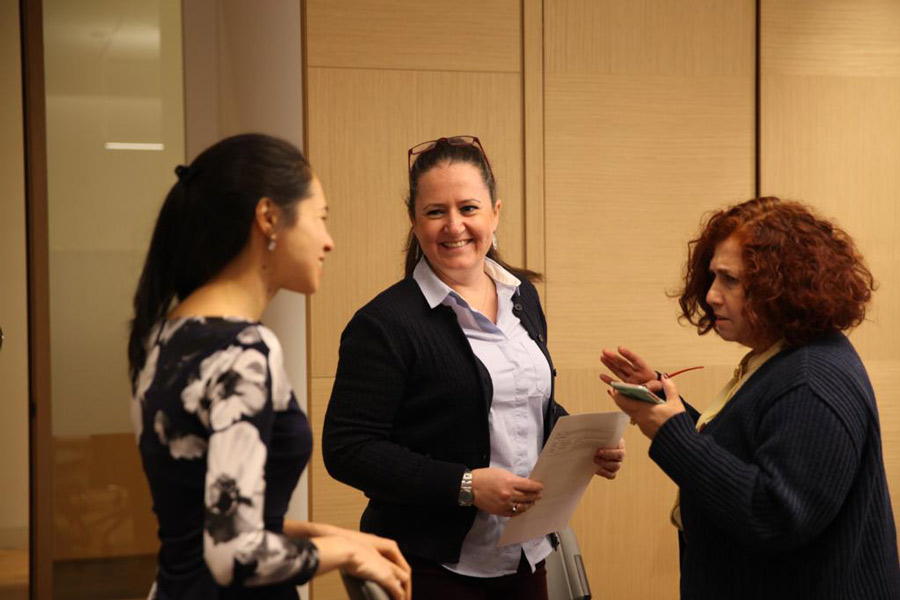
Baha’i International Community delegates prepare for the 63rd session of the Commission on the Status of Women, which begins today.
The BIC statement, Creating the World Anew: Leaving No One Behind, draws in part on the experience of the Baha’i community in the field of education, connecting it to advancing the status and participation of women in all spheres of society:
While quality education does depend, to some degree, on a flow of material resources, the experience of many Baha’i communities at the grassroots suggests that even in the most remote and poverty-stricken areas of the world, there is a wealth of human resources that with time, attention, and the wise channeling of material means, can flourish.
The worldwide Baha’i community’s experience has shown that initiating an educational process that develops intellectual and moral capabilities does not need to wait until physical infrastructure is in place, the statement continues:
A quality education requires attention to the entire educational process—the training of the teachers, the selection or development of appropriate curricula, the creation of an environment that is conducive to learning, and the engagement of the community within which the learning process unfolds. These different dimensions can be supplemented and strengthened by material resources, to a degree. Yet, even more crucial is ensuring that teachers and students be involved in a process of capacity building that releases the powers of the human spirit.
The BIC statement also probes the inadequacy of contemporary social structures to bring about the equality of women and men and all that it implies for the progress of society:
Given that many of the systems and structures of society were designed precisely to reinforce domination and inequality, significant resources must also be channeled towards learning about effective models of governance, education, and economics structured around an entirely new set of principles: that human beings are one, that women and men are equal, that the emergent powers of the collective can be released through cooperation and reciprocity, and that humanity’s progress will be greatly bolstered by the full participation of all people in creating the world anew.
The BIC hosted a panel discussion on 14 March about the role of education in advancing gender equality. The discussion will offer perspectives on addressing some of the social forces that entrench inequalities disadvantaging women and girls, economic arrangements that promote equality, and holistic quality education for girls and boys. Read the panel’s concept note here. The event will be covered live on the BIC’s Facebook, Instagram, and Twitter pages.


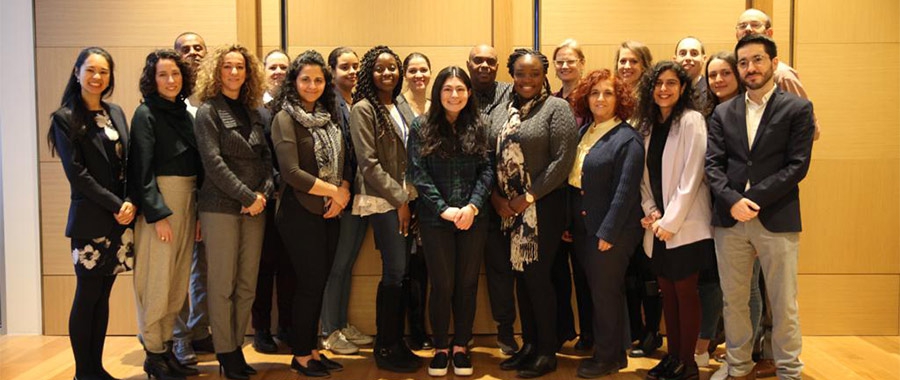

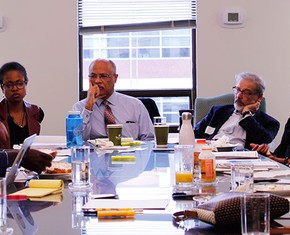
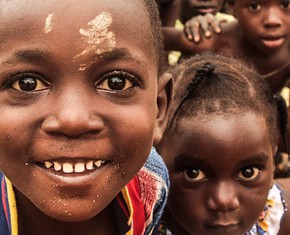
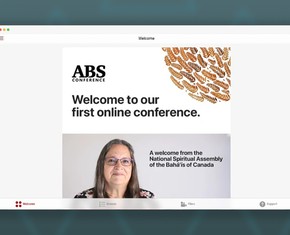









Comments
Sign in or create an account
Continue with Googleor